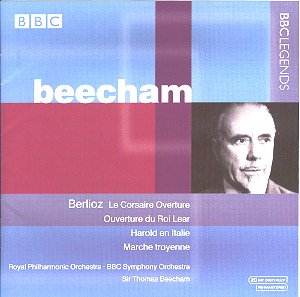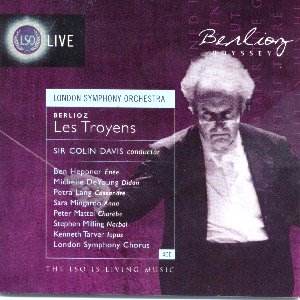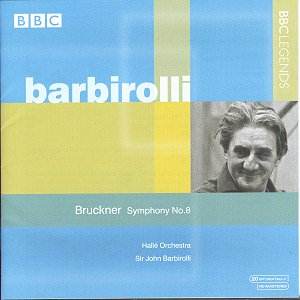 Composer: Hector Berlioz
Composer: Hector Berlioz
Performers: Frederick Riddle, Viola (Harold); Royal Philharmonic Orchestra and BBC Symphony Orchestra (King Lear)
Conductor: Sir Thomas Beecham
Record Label: BBC Legends
Number: BBCL 4065-2 mono [71.43] [AB]
The latest addition to BBC LEGENDS’ vast catalogue is a remarkable assortment of performances from the classical composer Hector Berlioz. The collection garners recordings from the period of 1951 to 1956, encompassing performances from diverse venues across the UK. The CD presents a unique audio journey through some of Berlioz’s major works, with the expert guidance of maestro Sir Thomas Beecham and the technically proficient Royal Philharmonic Orchestra and the BBC Symphony Orchestra.
The recording starts with the “Le Corsaire Overture,” captured at Royal Albert Hall in March 1951. The piece is a noteworthy example of Berlioz’s orchestral brilliance, and Beecham’s efficient conducting only heightens the overall dynamism of the performance. The “King Lear Overture,” performed at Royal Festival Hall in December 1954, is a study in sonic contrasts: suspenseful, ponderous moments counterbalanced by energetic, high-spirited passages. The BBC Symphony Orchestra aptly brings to life the varied emotional narrative intrinsic to the piece.
Frederick Riddle’s viola takes center stage in “Harold in Italy,” recorded at Usher Hall in August 1956. This symphony is one of the exquisite examples of Berlioz’s larger works and Riddle’s expressive viola skillfully embodies the wandering hero, Harold. The symbiotic relationship between Riddle’s instrument and the orchestra creates a poignant musical narrative charged with evocative melodies and skillfully depicted scenery.
The final work featured on this disc is the “Trojan March,” recorded at Bristol’s Colston Hall in July 1951. Despite its brevity in comparison to the other featured works, it packs an effective punch. Berlioz’s unique combination of rhythmic vitality and inventive orchestration, coupled with Beecham’s adept leadership, reinforces the stature of this piece in the annals of French romantic music.
Despite the recordings spanning over a period of five years and changing venues, the sound quality remains consistent throughout the CD. The performances are a testament to Berlioz’s monumental contribution to French romanticism, admirably communicated by the performers and conductor. In all, this collection of works by Hector Berlioz serves as a significant cultural artefact, presenting listeners with timeless masterpieces in a historical context.

